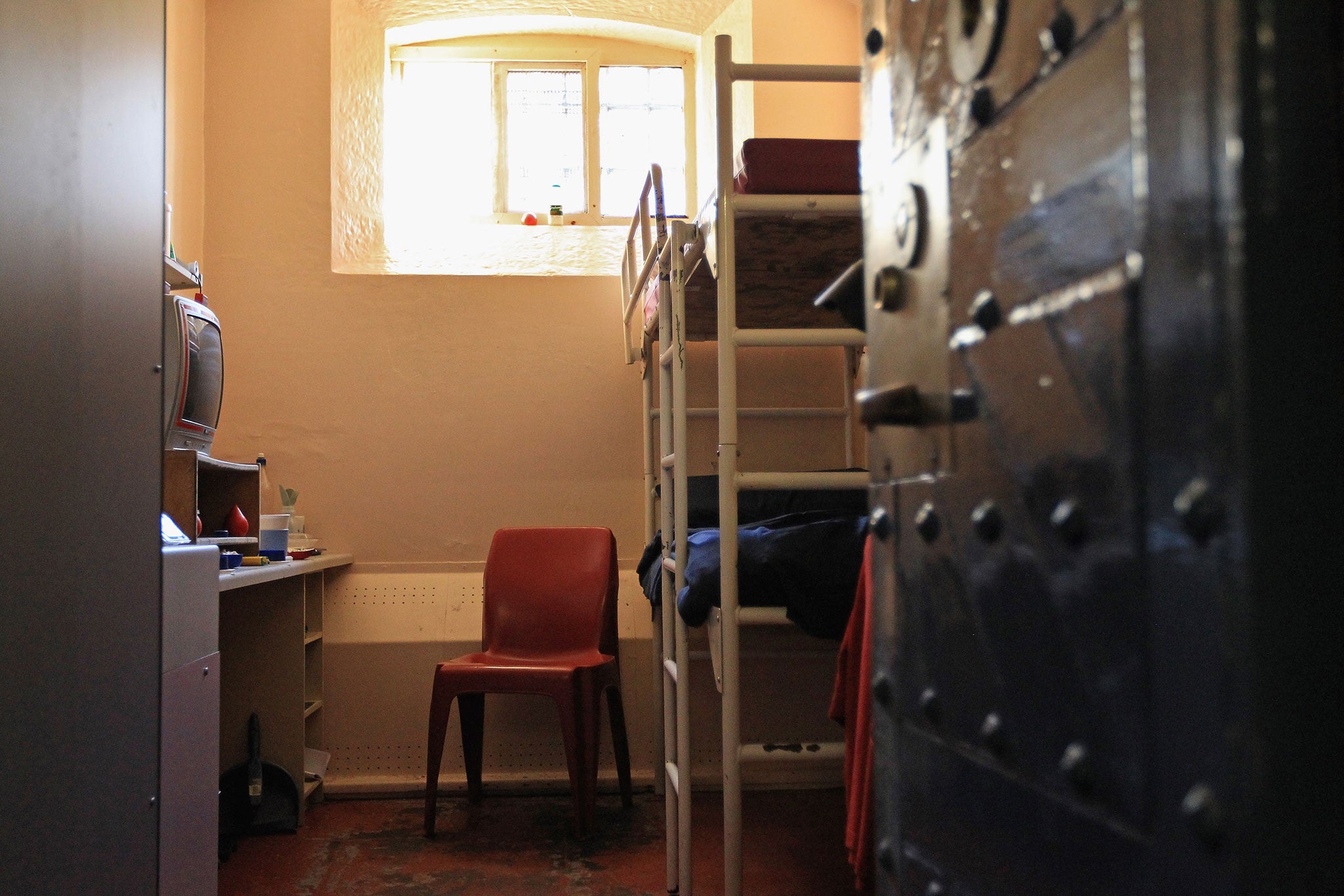Arifa Akbar: Books help inmates to turn the page
The Week in Books

Martina Cole is big in jails, I'm told. She never fails to draw a crowd at prison readings. I know this because I recently went to a one-day conference on reading in prisons. Everyone acknowledged the Justice Secretary, Chris Grayling's restriction on books for prisoners was no good thing, but that wasn't why they were there. It was meant as a day to reflect on what inmates read and how books impact on those we lock up.
The conference, organised by two academics – Sarah Turvey and Jenny Hartley – who set up Prison Reading Groups in 1999, was revelatory for someone who has little or no insight into prison life. Let's put aside the more iniquitous aspects – that some inmates are allocated a 20-minute library trip a month, that there can be a six-month wait for a book – and focus on the happier stuff. Former inmates stood up to give startling speeches on the vital, transformative role that books played in their confinement, each speaker more eloquent, more well-read, than most of us might imagine.
There are prison reading groups all over Britain, I discovered, and some pulled in 25 readers per session. Imagine that – 25 men sitting in a circle, talking about Raymond Carver or Robert Galbraith. The most popular books in prison reading groups were predictable – Franz Kafta's The Trial and Animal Farm for the debates sparked – but there were many that we on the outside have loved as much: A Street Cat Named Bob, a redemptive first-person account of a homeless man's friendship with a stray cat; The Hunger Games, Gone Girl and Patrick DeWitt's The Sisters Brothers, a Man Booker-shortlisted story of two Gold Rush brothers.
There were also reports on the open-mindedness of "emergent" readers – men and women who had learned to read inside prison. This group was receptive in ways older readers may no longer be; the men who read – and enjoyed – chick-lit for example, because they had not learned to follow the narrow set of rules that decided these books appeal only to a certain kind of woman.
One prison librarian spoke of her group's love of magazines – Private Eye and New Scientist mainly, because they wanted material far removed from that of crime or punishment, even if that meant reading abstruse articles on molecular cell structures.
Many vouched for the popularity behind bars of crime fiction such as Cole's, but was this fiction replicating the worlds that the prisoners knew and recognised, and in doing so, was criminality being sanctioned, however tacitly? Should prisoners be steered towards books that dealt with other topics, someone wondered aloud. There was an impasse, and in that silence, I wondered whether this wouldn't be tantamount to a policing of the mind and the imagination, which would prove pointless? Reading fiction as a means of moral instruction – it's just not what fiction is about. Anyway, the concern over Cole was undercut by a librarian who pointed out that John Hegley, the quirky poet who pokes gentle fun at himself, pulls in at least as big a crowd when he reads in prisons.
As they talked, I began to understand that the kind of books we enjoy on the outside are the same ones that are read and loved on the inside. Of course prisoners like crime fiction – it is among the most popular genres for us non-inmates too. On every chair in the conference room was a blank postcard which asked each of us to recommend a book to a prisoner. What would you suggest?
Subscribe to Independent Premium to bookmark this article
Want to bookmark your favourite articles and stories to read or reference later? Start your Independent Premium subscription today.

Join our commenting forum
Join thought-provoking conversations, follow other Independent readers and see their replies